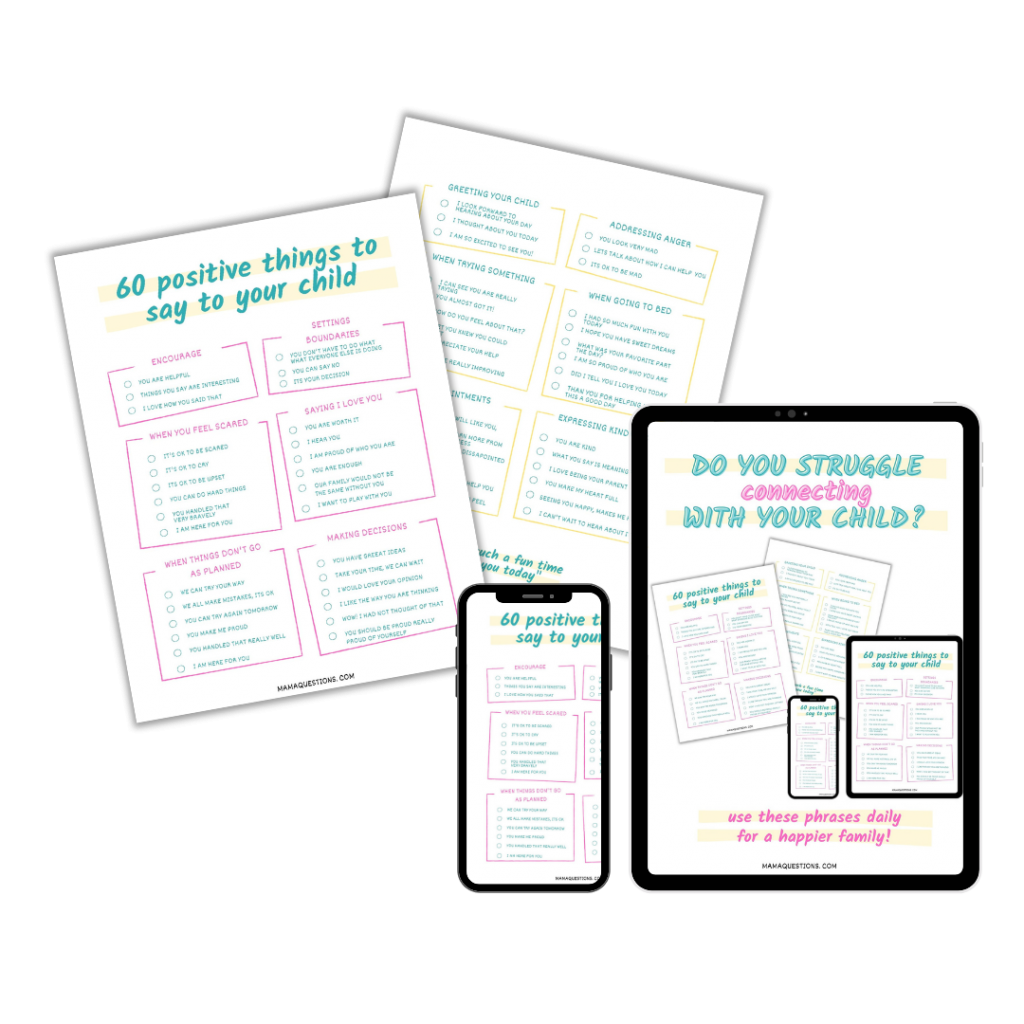Toddlers are all different in their personalities, however tantrums are definitely a common struggle for many parents. Although they might all tantrum for different reasons, I’ve found that how to deal with toddler temper tantrums often follow the same guidelines.
But what is a toddler temper tantrum, and why do they happen? How should we react to these big emotions and when are they an indication of a larger behavioral problem? All these questions will be answered in this blog post. Continue reading and also make sure to check out my list of favorite parenting books for parents with toddlers.

plus receive a FREE audio book with an audile trial link enclosed
Toddler Parenting Books That Changed My Life
I am sharing the 5 books that made me see my toddler’s behavior in a whole new light.
What is a Temper Tantrum
Toddler Temper Tantrums are strong reactions by part of your toddler when feeling displeased. My (3 year old) son for example absolutely loves the playground. It can be very challenging to get him to leave the playground calmly. There are several times when I am carrying him kicking and whining in one arm while pushing the stroller in the other. **exhausting**
It’s important to make a distinction between tantrums and meltdowns though. Although appearing similar in nature, the causes are different:

- Temper Tantrum: a strong reaction to feeling displeased by circumstances and trying to get your way. A sign of a tantrum is when your toddler can stop the screaming when they receive what they wanted or realize there is no point in continuing.
- Meltdowns: these strong feeling are in response to feeling overwhelmed. The main difference is that the reaction is a lot more out of their control. When your toddler has a meltdown, nothing will soothe them except time and getting away from the sensory trigger.
==>Is your toddler not listening? This Is Why<==
Is It Best To Ignore Toddler Tantrums?
It is never a good idea to completely ignore your child, but that doesn’t mean you have to give in to their demands. There are things you can do to help guide them through the tantrum. I follow the gentle parenting philosophy that believes all actions are communication, and therefore valid. Even though they are upset about something you can’t give them, you can still help them regulate those bad feelings by staying calm.
==>Learn More On How Gentle Parenting Varies From Mainstream<==
For example. Lets say you pass by the bakery aisle in the grocery store and your child absolutely wants to get a donuts. (yes this is us). You tell them that donuts are not on the list for today and continue walking away. Now your toddler is crying and screaming about the donuts.
What do you do? Talk to them.
Continue using words to express what is going on and how they feel while still walking away from the trigger (the donuts). “I know, donuts are so good, and you want to get one now. You feel upset that I am not buying you a donut. It is OK to feel upset. It is OK to have big emotions.”
Consistently giving children the words that explain how they are feeling and why, will help them rationalize those feelings with time. This will make them better equipped to regulate negative emotions as they develop. It won’t stop the tantrum at the moment but is a crucial building block for their life long emotional intelligence.

What If The Tantrum Escalates?
Tantrums can actually snowball into becoming a meltdown, which makes this parenting gig so much more complicated. A child having a meltdown is not one you can rationalize with. Nothing you say will help because the language processing part of their brain has been hijacked by their Amygdala (more on that another time). If the tantrum over the donut escalates to an actual meltdown, the best thing you can do is finish shopping as quickly as possible and get out of there.

DO YOU STRUGGLE CONNECTING WITH YOUR CHILD?
Grab your free printable of 60 positive things to say to your child and have a happier family!
When Should I Worry About Temper Tantrums?
Temper tantrums are normal. However, if they start to affect the quality of your family’s life, that is the time to reach out for help. The best place to get support with your toddler’s behavior is with an occupational therapist. If your child is in daycare or preschool, ask them for recommendations of OT’s in your area. Most insurances cover OT with a pediatrician’s note and can be quite affordable.
Occupational Therapists work with children through play and are there to support both child and parents with difficult behaviors and developmental delays.

Many parents worry that their toddler’s temper tantrum are an indication of being on the spectrum (think autism). The Center for Disease Control (CDC) estimates that 1 in 59 children are on the spectrum in the USA, with boys and girls being at similar risk. Remember though that toddler temper tantrums are different from meltdowns (which is a reaction to sensory overload) commonly experienced by neuro-diverse children.
Our (now) 3 year old has always been very strong willed. I can remember infant that his tantrums started around 13 months old (which seems younger than most my friend’s children). Despite pushing his agenda to the max, I currently don’t worry about other issues lurking behind the big emotions. You shouldn’t worry either unless other indications accompany the behavior.
Indication that your toddler is on the spectrum (this is a short list of the original):
- hard to get eye contact with your toddler
- speach delays
- not responding to their name
- no interest in interacting with people
What NOT To Do When Your Toddler Is Having A Temper Tantrum
Temper Tantrums are frustrating because often the triggers appear trivial. For example, your toddler wanted his juice in the blue cup and not the green cup, or you took a different street walking home than usual.
Toddler’s have very little control over their day to day life. Although our toddler’s requests appear trivial to us, they signal a need to assert some control over their environment.

Here is what not do when your toddler is having a temper tantrum:
- Don’t trivialize the situation. “What’s the big deal?! both streets take us home. Get over it” or “this is nothing to get upset over. There are bigger problems in life”
- Don’t lose your temper. A parent that looses their cool in midst of a toddler tantrum will make their child feel unsafe resulting in the escalation of the tantrum.
- Don’t tell them how to feel. In reality, you should never tell anyone how they should feel. Validating your toddler’s feelings is important. Failing to acknowledge that their feelings matter can affect their self-esteem long term.
- Don’t take it personally. Toddler tantrums are normal and resulting in an underdeveloped brain. As a parent do not take their tantrums, or what they say when upset personally. An irrational brain is taking from a place of emotion and does not reflect reality.
==>7 Ways To Stop Yelling At Your Toddler<==
Tantrums are Normal Part of Life
I am continuously mesmerized as a parent how different all children are. Before having our boy, child behavior seemed to be nicely organized into ages and stages. I naively thought that a book could tell me exactly how to solve all my parenting foes because children somehow all react the same.
Surprise! Toddlers are all different, which means parenting styles needs to vary accordingly. The severity and frequency of temper tantrums varies a lot and it can make a huge difference on one’s family life. A toddler that experiences fierce temper tantrums multiple times a day is much more draining than one that might have a light tantrum once a week.
Just remember that tantrums in general are normal. They are the result of an underdeveloped brain that doesn’t fully know how to regulate big emotions when things don’t go their way. That is why it is important to know how to deal with toddler temper tantrums early on. Teaching your child verbalize big emotions now will help them tenfold as they grow into adulthood.
Sign up below to receive the list of 5 books that really helped me survive the toddler temper tantrums!

plus receive a FREE audio book with an audile trial link enclosed
Toddler Parenting Books That Changed My Life
I am sharing the 5 books that made me see my toddler’s behavior in a whole new light.

